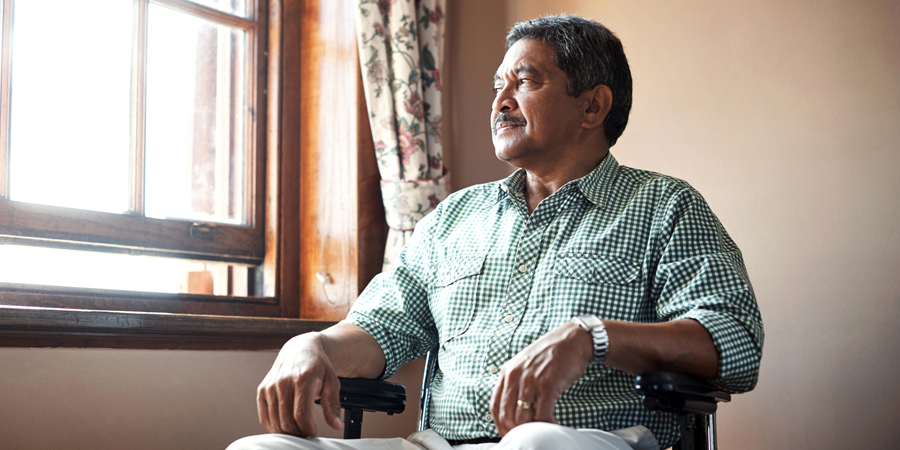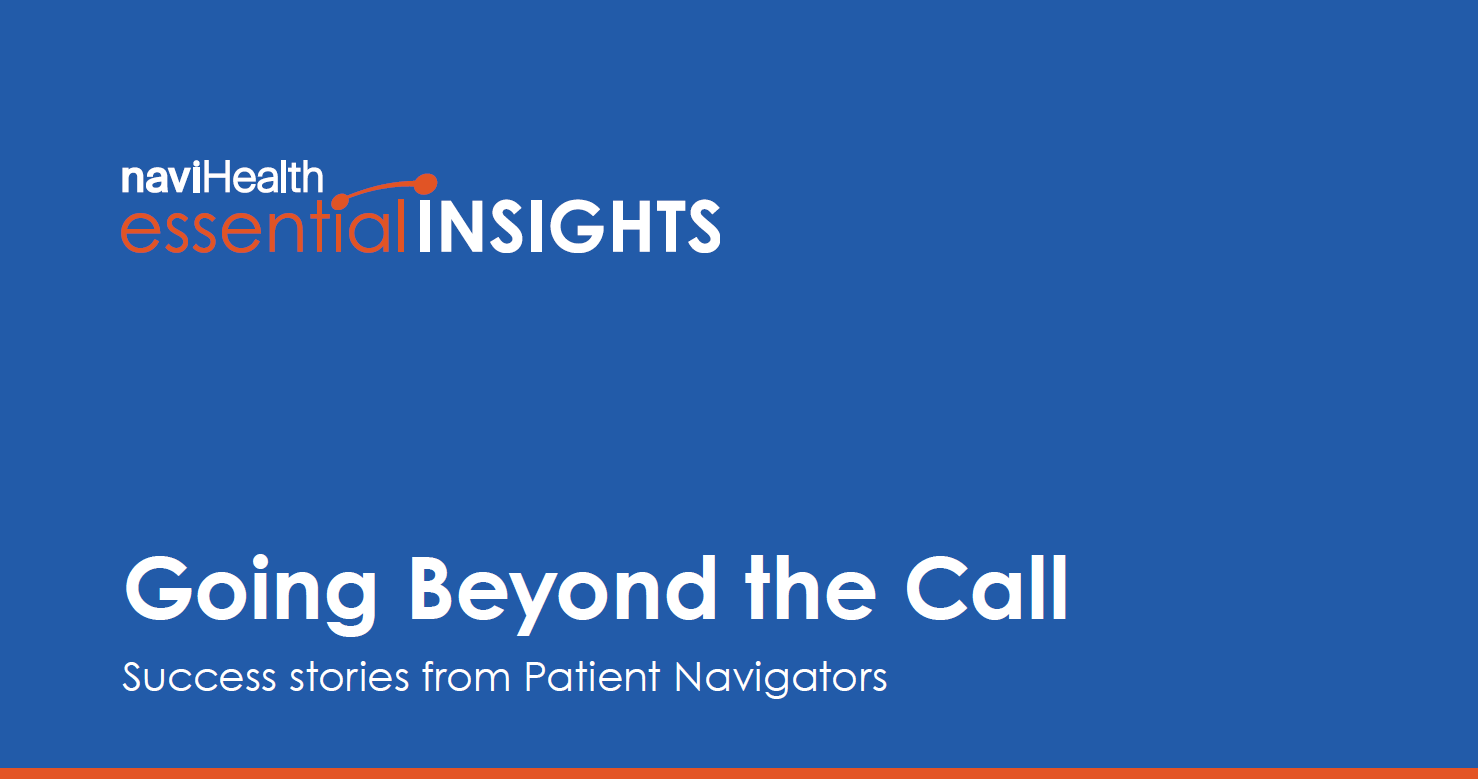In observance of World Mental Health Day, which took place on Oct. 10, now is the time to give extra consideration to the mental well-being of seniors — and what can be done at different levels to address their related challenges. While many of these issues existed before the spread of the coronavirus, the pandemic has heightened them.
Seniors and their caregivers have grappled with the physical and mental effects of the pandemic. With the increasing push toward home health care, more and more family members are becoming responsible for the day-to-day care of their loved ones.
Early in the pandemic, adverse effects experienced by seniors included “more severe complications, higher mortality, concerns about disruptions to daily routines and access to care, difficulty in adapting to technologies like telemedicine, and concerns that isolation would exacerbate existing mental health conditions,” according to a report published by the JAMA Network of the American Medical Association.
“Former U.S. Surgeon General Vivek Murthy has brought attention to the association between loneliness and the absence of social connections and worse physical and mental health, including anxiety and depression,” according to a report from the Kaiser Family Foundation. “… Among older adults specifically, extensive research has documented the connection between loneliness and increased risk of premature death, dementia, stroke, depression, anxiety, and suicide.”
Addressing the effects
Seniors “are at increased risk for social isolation and loneliness because they are more likely to face predisposing factors such as living alone, the loss of family or friends, chronic illness, and sensory impairments,” according to Social Isolation and Loneliness in Older Adults: Opportunities for the Health Care System by the National Academies of Sciences, Engineering, and Medicine (The National Academies Press, 2020). Relocation, mobility limitations and other health conditions also can increase the risk, the book says.
In Social Isolation and Loneliness in Older Adults, the National Academies of Sciences, Engineering, and Medicine recommend several broad strategies for identifying, preventing and mitigating the adverse health effects of social isolation and loneliness in seniors:
More funding for basic research to understand the links between social connection and health. This research would include effective assessment, prevention and intervention strategies.

Translating research into health care practices to reduce negative impacts on health. These practices would include periodic assessments to identify seniors experiencing social isolation and loneliness, as well as preventive interventions for those identified as being at elevated risk.

Improving awareness of the impacts of social isolation and loneliness across the health care industry and among the public.

Strengthening ongoing education and training of health care workers on social isolation and loneliness.

Strengthening ties between the health care system and community-based networks and resources that address these issues.

While medication might be part of the solution, the JAMA Network report emphasizes that “clinicians must recognize the importance of nonpharmacological approaches, which are more effective than pharmacotherapy in the treatment of chronic stress, anxiety, and prolonged grief. Such approaches include manualized therapies such as cognitive behavior therapy, as well as promoting physical activity, greater connectedness, compassion training, and engaging in spirituality as appropriate. These approaches have also been shown to enhance coping, promote resilience, and reduce loneliness.”
Dealing with dementia
As for seniors who have been diagnosed with dementia, the research community is working to develop preventive measures. Such measures will be crucial to keep the numbers of dementia patients from swelling to reach World Health Organization (WHO) projections. WHO has predicted that the number of dementia patients worldwide will hit 139 million people, a 40% increase, by 2050. The number in the United States during that same time period is expected to soar to 13.8 million, a threefold increase, according to a 2013 study.
“Rising dementia rates will take a massive human toll and could drive up global health care expenditures,” Hospice News reported. Alzheimer’s disease, the most common form of dementia, places a “huge burden” not only on people with the disease but also on their caregivers and society as a whole, the 2013 study pointed out.
Some hospice providers have developed disease-specific programs, such as Alabama-based ABC Hospice’s Memorable Journey program, Wisconsin-based Agrace Hospice’s dedicated inpatient facility for dementia patients, and California-based Hope Hospice’s respite care program, Hospice News reports.
One challenge facing such programs is that stays longer than six months can raise red flags with the U.S. Centers for Medicare & Medicare Services, whose hospice benefit “was designed in the early 1980s based primarily on the needs of cancer patients, who have a much more consistent disease trajectory,” according to Hospice News.
How to change the way mental health is treated for seniors
Ensuring that seniors’ varying mental health needs are being met will require action on multiple fronts, including making mental health care affordable. That could require legislation and/or regulatory changes expanding access to Medicare coverage of telehealth services (including for mental health) that would continue after the pandemic; and reforming Medicare hospice benefits to allow for longer stays.
People serving as caregivers in the home must remain vigilant to changes in the mood of the seniors they’re caring for, particularly in the aftermath of the type of life event that might precipitate an increase in loneliness or social isolation, such as the loss of a loved one, a move to a new location, or a change in the patient’s physical health or sensory capabilities.
These caregivers should also stay up to date on the tools and assistance available to them from providers, community social service organizations and other resources, including apps and technologies designed for sharing crucial information, facilitating medication adherence and maintaining social connections.
Identifying the issues plaguing the mental health of the senior population is one thing – but taking appropriate action is necessary. The correlation between a person’s mental well-being and their overall health cannot be denied.



